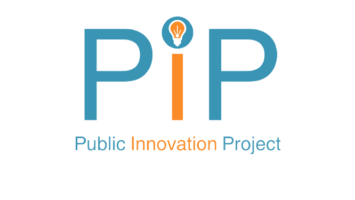By: Joshua Lamel
RealClear Health
The U.S. Court of Appeals for the Federal Circuit heard oral arguments this month in a patent dispute between Big Pharma giant United Therapeutics Corporation (UTC) and a small biotech attempting to bring a competing product to market for patients living with pulmonary hypertension.
UTC markets itself as “the first publicly traded biotechnology company organized” as a Public Benefit Corporation (PBC) committed to “developing novel pharmaceutical therapies.” But the drug maker’s anti-competitive strategy around the pulmonary hypertension medication Treprostinil offers a case study of how Big Pharma’s abuse of the patent system undermines actual innovation that can benefit patients and distorts the prescription drug market.
The United States patent system is meant to protect and promote innovation, but loopholes are routinely exploited by large drug makers to block competition. The staggering cost of these anti-competitive tactics on blockbuster products used by millions of Americans, like AbbVie’s Humira, are well documented.
Less explored is the impact these practices have on incentives to pursue actual innovation that delivers better clinical value for patients.
Pulmonary hypertension is a progressive condition that impacts blood flow between the heart and the lungs. According to the National Institute of Health (NIH), “about one percent of people globally” suffer from this serious disease, which, over time, causes heart health and lung function to deteriorate. There is no cure for this condition that eventually leads to heart failure, but medication helps manage symptoms and slow the progression of the disease.
The principal medication used to treat this condition is Treprostinil. The drug is a manufactured version of a naturally occurring substance in the body, Prostacyclin. Prostacyclin was discovered in 1976 and helps to dilate blood vessels, which decreases blood vessel pressure in the lungs and reduces strain on the heart. UTC’s first Treprostinil product, injectable Remodulin, was approved by the FDA on May 21, 2002. More than twenty years later, its manufacturer, UTC, continues to corner the market on this drug.
UTC still has 10 patents listed as protecting Remodulin going out until March 2029. UTC has an oral Treprostinil product, Orenitram, with patents out until 2031 and an inhalable version of Treprostinil, Tyvaso DPI, with patents out until 2035. UTC’s main strategy is to obtain product-by-process patents in the same family that essentially claim a new way to make the same old drug. This has enabled UTC to keep its monopoly well beyond the average exclusivity of 14.4 years, or even the full patent life of 20 years.
Read the full RealClear Health article here.


